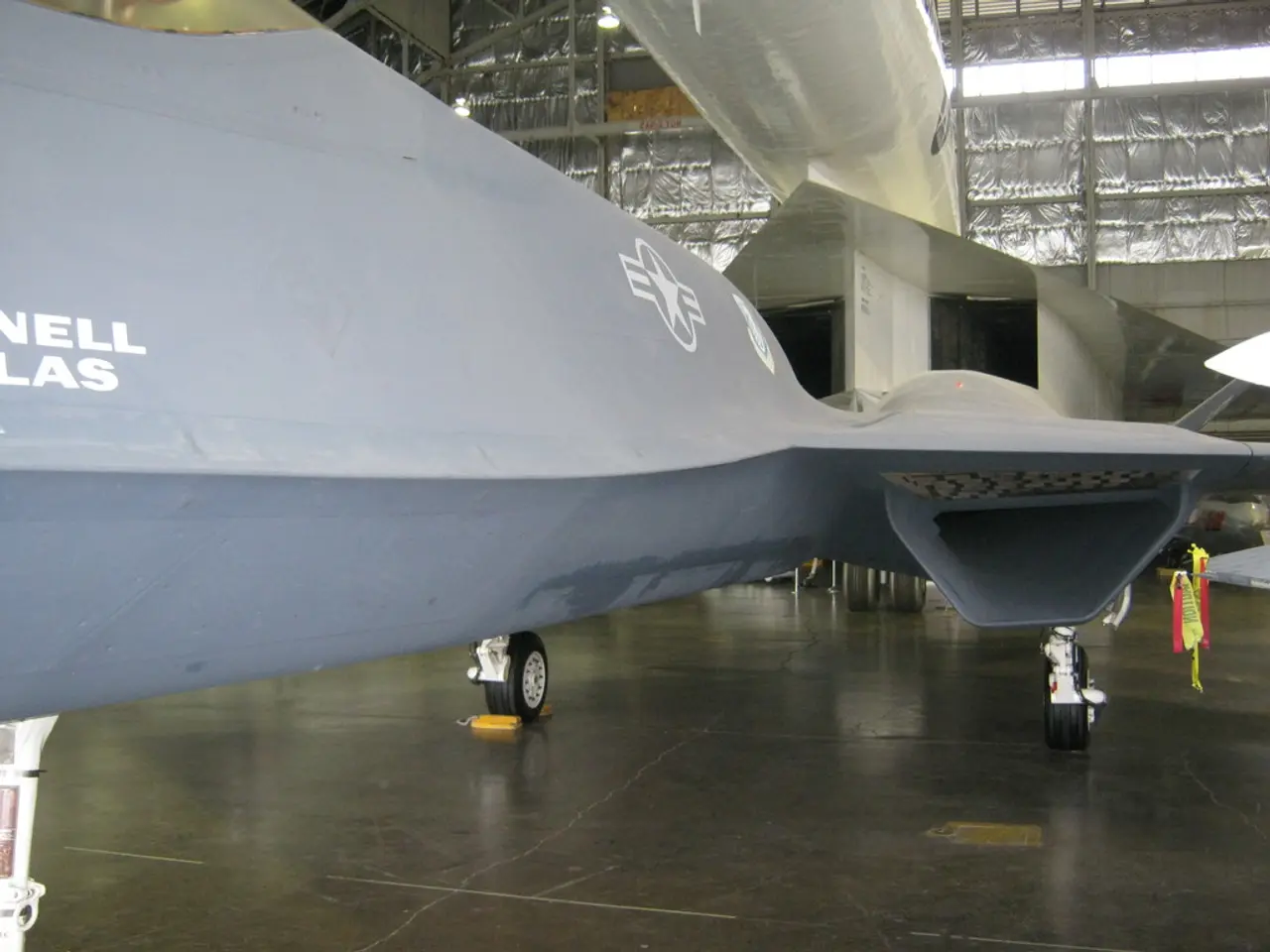WestJet Confronts Cybersecurity Issue: Protective Measures and Customer Confidence under Threat
WestJet, a leading Canadian airline, has recently experienced a cybersecurity breach that compromised customer data [1]. The airline has taken immediate action to mitigate the impact and enhance security measures, engaging cybersecurity experts to help [2].
The breach involved unauthorized access to WestJet's mobile application, with affected customers being notified and advised to update their passwords and remain vigilant for unauthorized transactions or communications [3]. WestJet's CEO has reaffirmed their commitment to data privacy and security as a top priority in restoring customer confidence.
This incident underscores the importance of staying ahead of cybercriminals through continuous innovation and investment in cybersecurity measures. Aviation companies, like WestJet, handle sensitive data, making them prime targets for cyberattacks [4].
To address this growing threat, experts recommend a comprehensive cybersecurity approach. This includes strong leadership, holistic risk assessments, secure-by-design principles, and a lifecycle security mindset [1]. Companies should implement governance frameworks based on international standards, establish single accountability points for cybersecurity, and align cyber, physical, and personnel security measures [1].
Adopting Zero Trust architectures, network encryption and segmentation, and conducting regular security audits within supply chains can also help protect sensitive data [2]. Digital twin technology can enhance defense by simulating operational systems to detect vulnerabilities early [2].
Addressing insider threats is equally critical. Aviation firms should employ multi-layered security strategies, promote data-driven detection of insider risks, advance operational deterrence capabilities, and collaborate closely with government and industry stakeholders [3]. Awareness programs and comprehensive training across all levels help build a strong cybersecurity culture, reducing vulnerabilities from human error [1][4].
Companies must also develop incident response capabilities with real-time threat intelligence sharing among airlines, airports, and authorities, enabling rapid detection and mitigation of cyberattacks [1][4]. Given the increasing sophistication of attackers, continuous improvement in defenses and readiness is vital.
The WestJet breach serves as a critical reminder of the ever-present threats in today's digital age. The aviation industry, along with its counterparts in other sectors, must prioritize their cybersecurity strategies and reinforce their digital fortifications to safeguard future operations and maintain customer trust.
WestJet plans to offer regular security workshops and informational sessions for staff and customers as part of their ongoing efforts to improve cybersecurity [5]. By learning from the WestJet experience, companies have the opportunity to emerge stronger and set a precedent for handling and recovering from cyber incidents effectively. The exact number of affected individuals remains undisclosed.
[1] Aviation companies should adopt a comprehensive cybersecurity approach incorporating strong leadership, holistic risk assessments, secure-by-design principles, and a lifecycle security mindset after breaches like WestJet's. This includes implementing governance frameworks based on international standards, establishing single accountability points for cybersecurity, and aligning cyber, physical, and personnel security measures.
[2] Key practices also involve adopting Zero Trust architectures to prevent unauthorized access, deploying network encryption and segmentation to protect sensitive data, and conducting regular security audits within supply chains to mitigate risks from third-party vendors. Digital twin technology can enhance defense by simulating operational systems to detect vulnerabilities early.
[3] Addressing insider threats is critical. Aviation firms should employ multi-layered security strategies, promote data-driven detection of insider risks, advance operational deterrence capabilities, and collaborate closely with government and industry stakeholders.
[4] Awareness programs and comprehensive training across all levels help build a strong cybersecurity culture, reducing vulnerabilities from human error like phishing or weak passwords.
[5] WestJet plans to offer regular security workshops and informational sessions for staff and customers.
- In response to the WestJet cybersecurity breach, aviation companies should adopt a comprehensive approach for cybersecurity that includes implementing governance frameworks based on international standards and establishing single accountability points for cybersecurity.
- Key practices for safeguarding data in the aviation industry include adopting Zero Trust architectures, deploying network encryption and segmentation, conducting regular security audits within supply chains, and employing multi-layered security strategies to address insider threats.
- To minimize vulnerabilities from human error and build a strong cybersecurity culture, it is essential for companies to offer regular security workshops and informational sessions for staff and customers.




